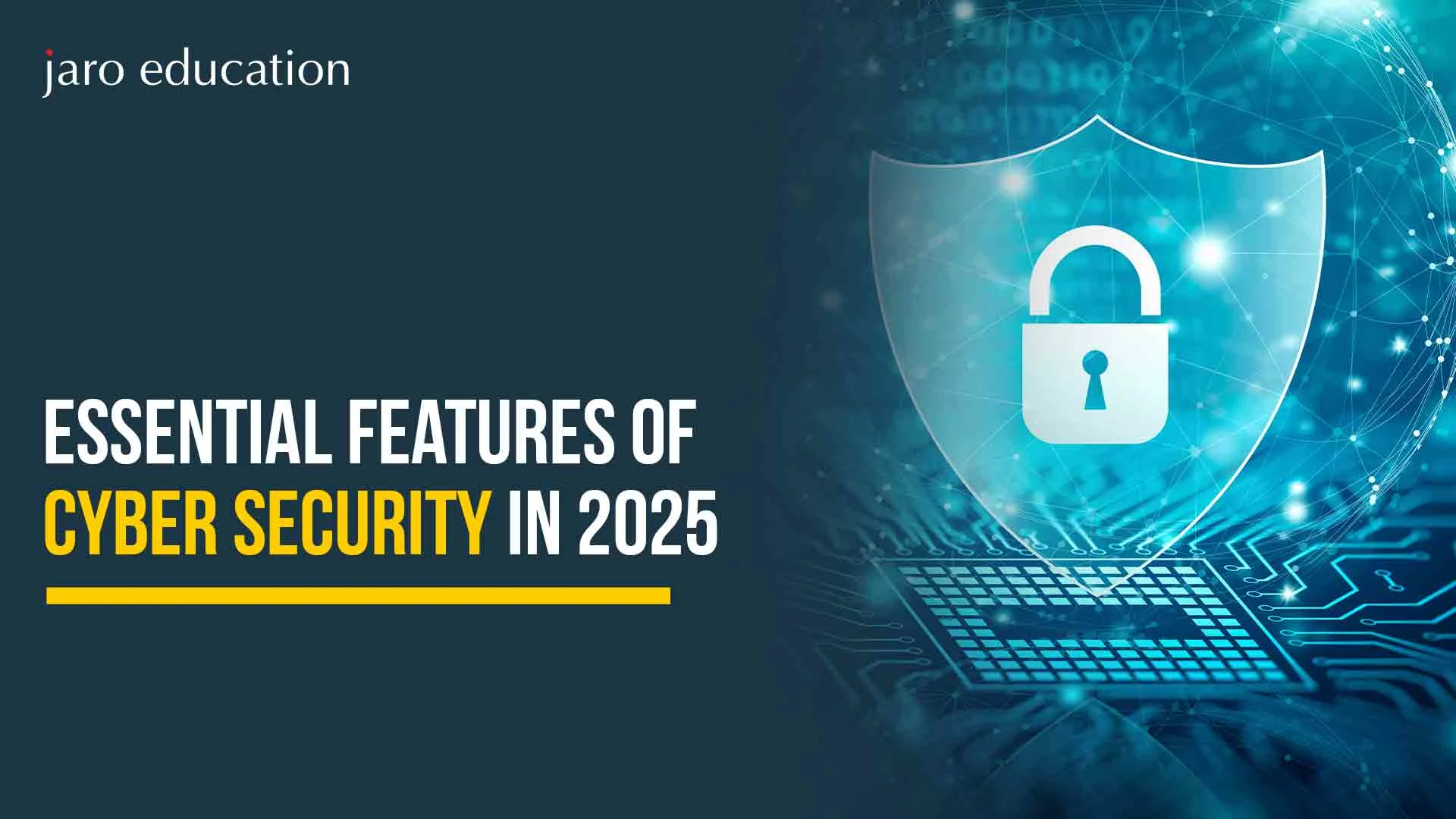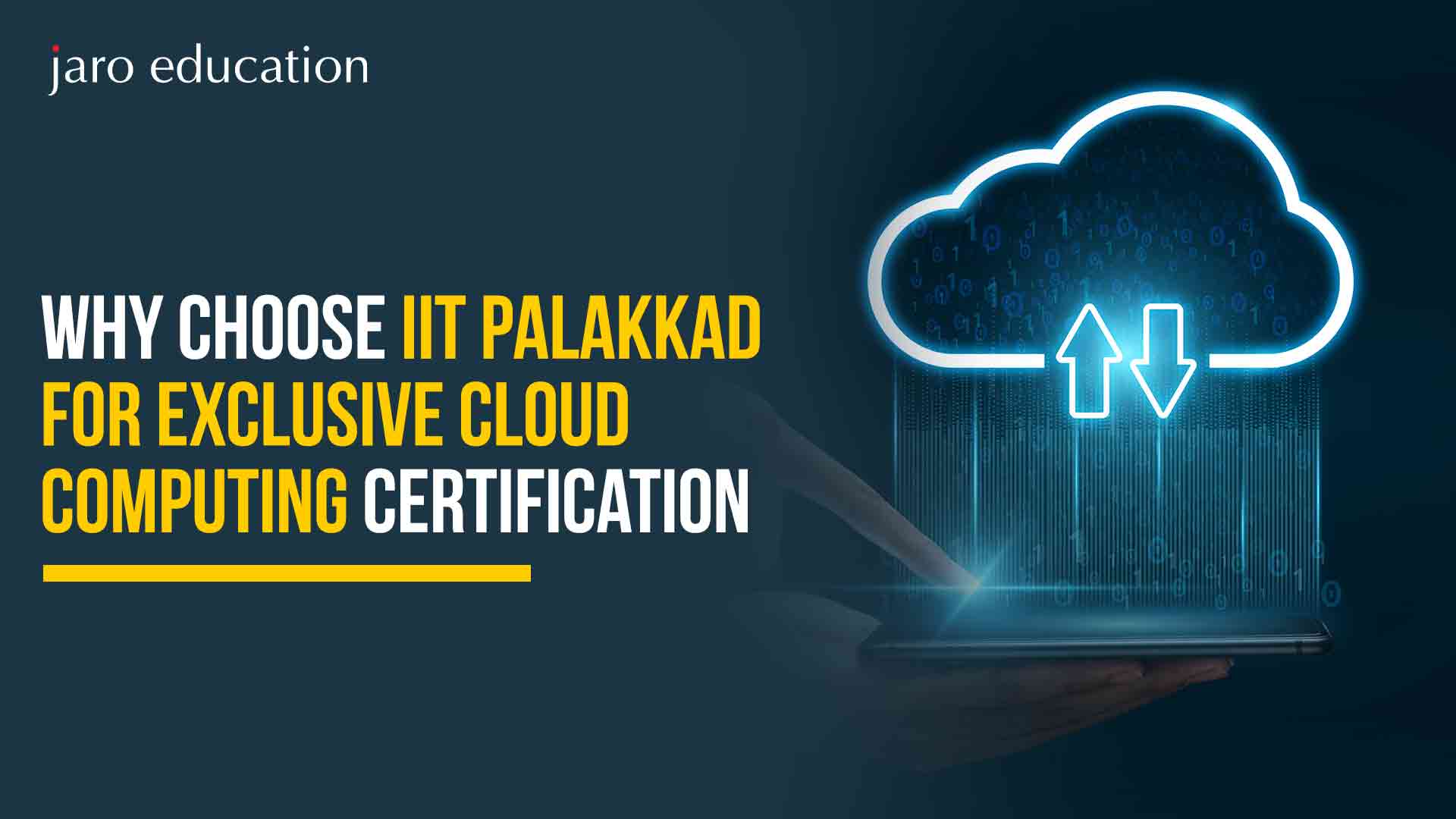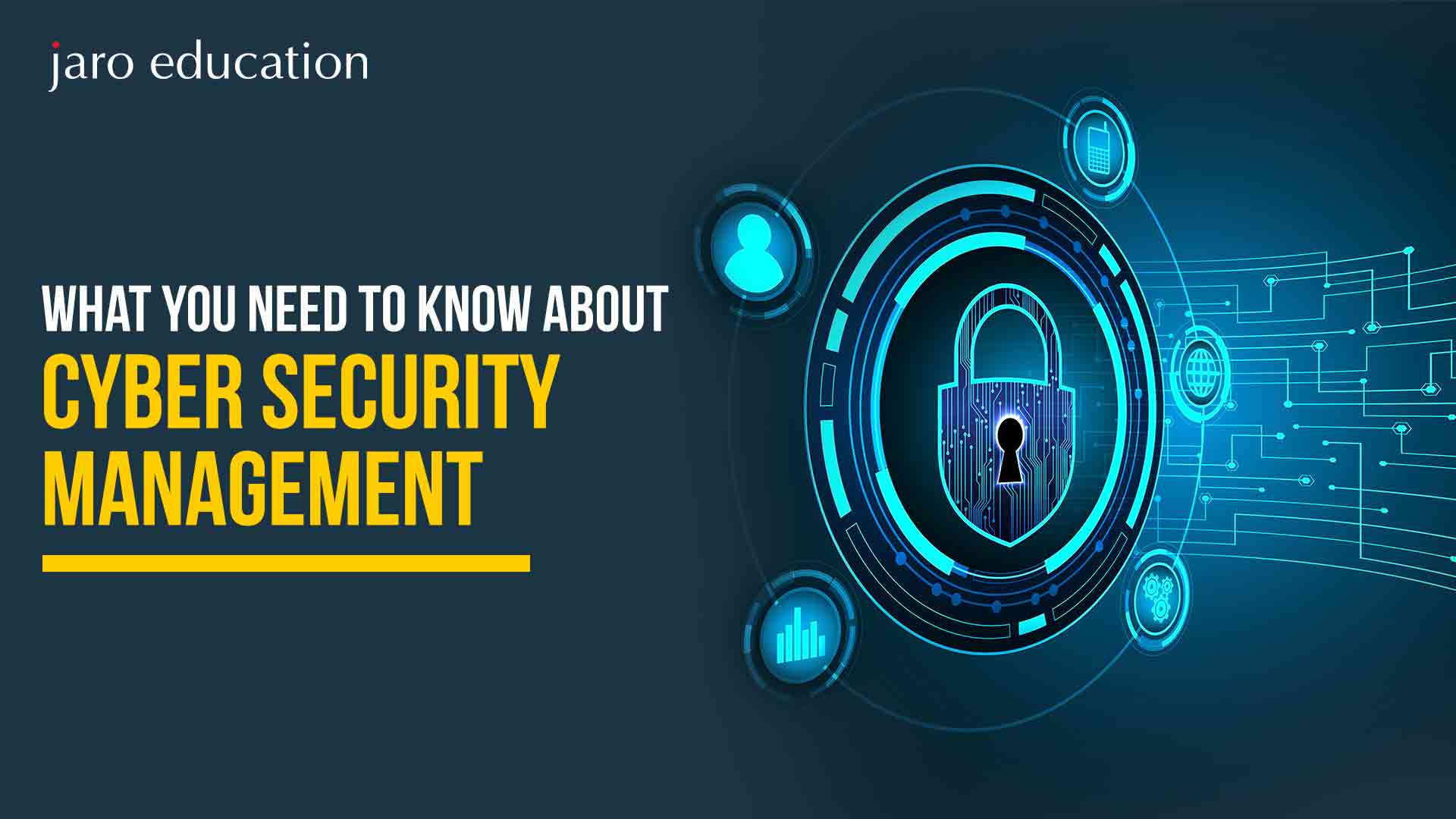Essential Cybersecurity Tools Every Enterprise Professional Should Know
Table of Contents
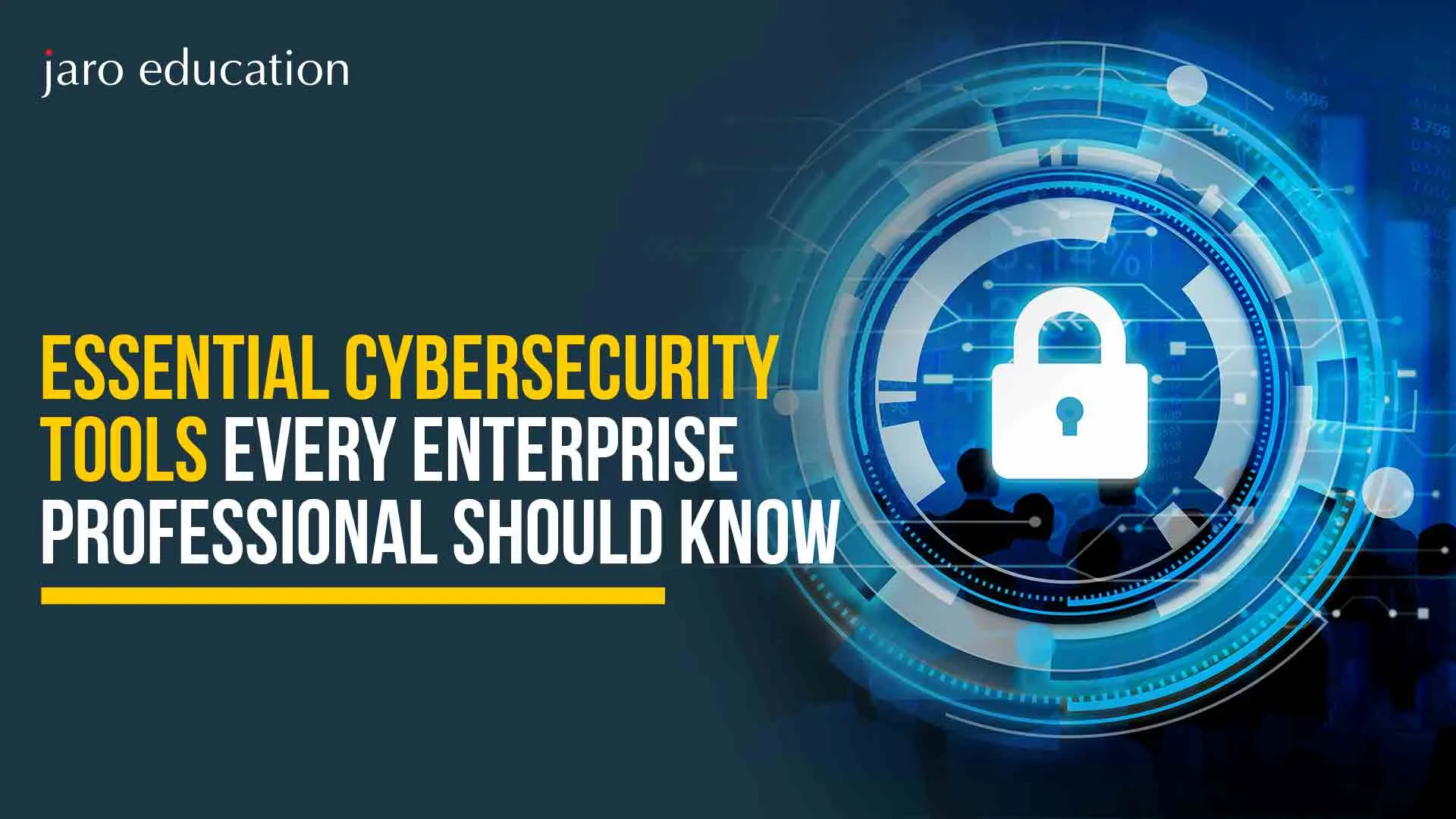
Let’s start with a quick question:
How many devices are you connected to right now?
Maybe your phone’s buzzing nearby. You’ve probably got Slack open on your laptop. Maybe your smartwatch just nudged your wrist. That’s your everyday digital footprint.
Now multiply that by an entire company.
Feeling the cybersecurity pressure yet?
If you’re a professional working in any enterprise setup—finance, healthcare, IT, or even marketing—cybersecurity tools are no longer just IT people’s essentials. They’re yours too.
Why You Must Know About Cybersecurity Tools
Cyber threats are evolving faster than most people can type “phishing email”.
AI-powered attacks, ransomware, deep fake scams and whatnot have been happening!
So, what’s the silver lining? Well, it’s a cybersecurity tool. But not just any tools, the right ones. The ones that help professionals (like you) stay ahead of the curve, protect data, minimize risks, and ultimately keep your job safe and your company safer.
The Real Deal: What Makes Cybersecurity Tools “Essential”
Here are your battle-tested, enterprise-ready, and future-proof cybersecurity tools that are:
- Scalable
- Easy to integrate
- Proven to detect and prevent actual threats
- Cost-effective (because nobody has infinite budgets)
- Designed for real-world enterprise needs
Now that we’re aligned, let’s get into the details of these tools’ cybersecurity benefits.
Top Cybersecurity Tools (and Why They Matter)
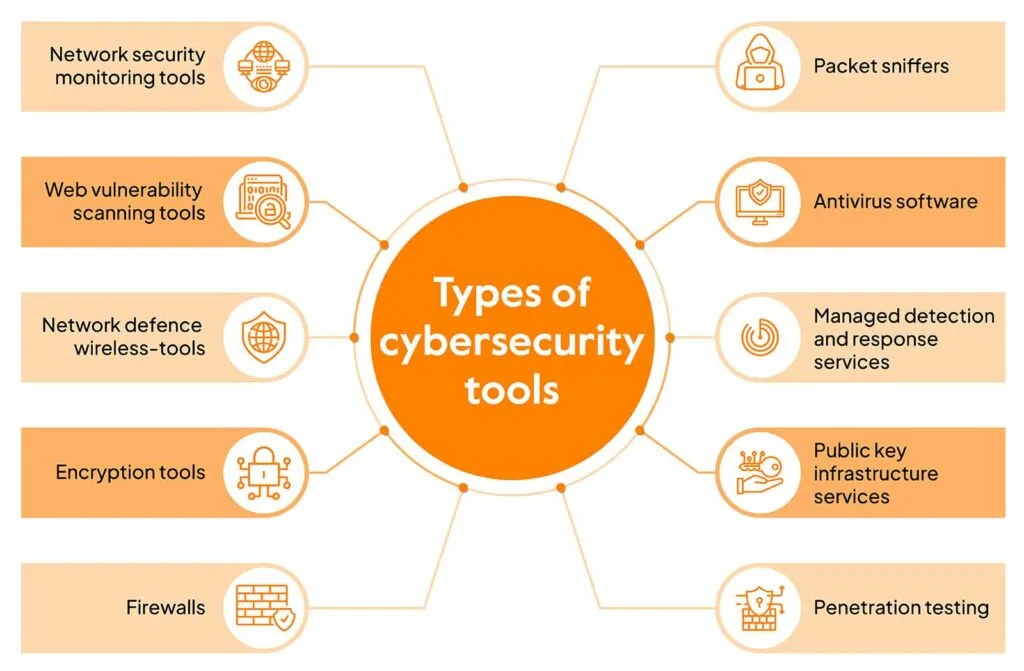
*sprinto.com
Here’s a carefully curated cybersecurity tools list, not based on hype, but on real use cases and actual impact in enterprise settings.
1. Firewalls – Your First Line of Digital Defense
If cybersecurity had a “front door”, firewalls would be it. They monitor and filter incoming/outgoing traffic based on predefined security rules.
Why it matters: Every professional should understand how to work with firewalls—because if something slips past this layer, it’s already too late.
Popular Tools: Cisco ASA, Palo Alto Networks, Fortinet
2. Antivirus & EDR Solutions – Think Beyond Malware
Antivirus software is no longer just about killing viruses. EDR (Endpoint Detection and Response) takes it a step further by detecting suspicious behavior, isolating threats, and even rolling back damage.
Why it matters: As enterprises go remote or hybrid, endpoint security is your safety net.
Popular Tools: CrowdStrike Falcon, Bitdefender, SentinelOne
3. SIEM Platforms – The Smart Brain of Cyber Defense
Security Information and Event Management (SIEM) platforms collect and analyze log data from across your systems.
Why it matters: They detect anomalies you didn’t even know existed. If you want visibility across your entire organization, SIEM is essential.
Popular Tools: Splunk, IBM QRadar, Microsoft Sentinel
4. Encryption Tools – Because Privacy Isn’t Optional
Encrypting your data means even if hackers get in, they can’t read what they steal.
Why it matters: Whether it’s emails, databases, or cloud storage—encrypt everything.
Popular Tools: VeraCrypt, AxCrypt, BitLocker
5. IAM Solutions – Control Who Gets Access
Identity and Access Management (IAM) ensures the right people get the right access—nothing more, nothing less.
Why it matters: Human error is a major vulnerability. IAM minimizes that by enforcing access control and password hygiene.
Popular Tools: Okta, Microsoft Azure AD, Ping Identity
6. PenTest Frameworks – Think Like a Hacker
These tools help ethical hackers test your system for weaknesses—before any bad hand finds them.
Why it matters: Proactive beats reactive. Every enterprise needs regular pen testing.
Popular Tools: Metasploit, Burp Suite, Kali Linux
7. Network Scanners – Map It Before You Secure It
You can’t protect what you can’t see. Network scanners help you visualize devices, ports, and potential vulnerabilities.
Why it matters: One forgotten device can become a major breach point.
Popular Tools: Nmap, Nessus, OpenVAS
8. Secure Web Gateways – Guarding Your Web Access
These tools sit between users and the internet, filtering malicious sites and downloads.
Why it matters: Most attacks begin with a user clicking a sketchy link. A secure web gateway makes that a non-issue.
Popular Tools: Zscaler, Forcepoint, Cisco Umbrella
9. Data Loss Prevention (DLP) – Don’t Let Sensitive Info Leak
DLP tools track and block unauthorized sharing of sensitive data.
Why it matters: Whether it’s a leaked client file or financial data, DLP can save your company millions.
Popular Tools: Symantec DLP, Digital Guardian, McAfee DLP
10. Cloud Security Platforms – The New Frontier
As enterprises move to the cloud, traditional tools won’t cut it. Cloud-native security is now a necessity.
Why it matters: Tools built for on-prem systems can’t protect a sprawling multi-cloud setup.
Popular Tools: Prisma Cloud, Lacework, Wiz
11. VPNs – Still Relevant in a Zero-Trust World
Despite the rise of zero-trust architectures, VPNs still serve a role, especially for secure remote access.
Why it matters: VPNs encrypt your connection in public networks. Still useful? Absolutely.
Popular Tools: NordLayer, Perimeter 81, Cisco AnyConnect
12. Patch Management Tools – Fix the Cracks Before They Grow
Unpatched software is a hacker’s dream. These tools help you update, monitor, and automate patch cycles.
Why it matters: Sometimes, the “cyberattack” was just a missed update.
Popular Tools: ManageEngine, Ivanti, SolarWinds Patch Manager
The Big Picture: Cybersecurity Tools Benefits for Professionals
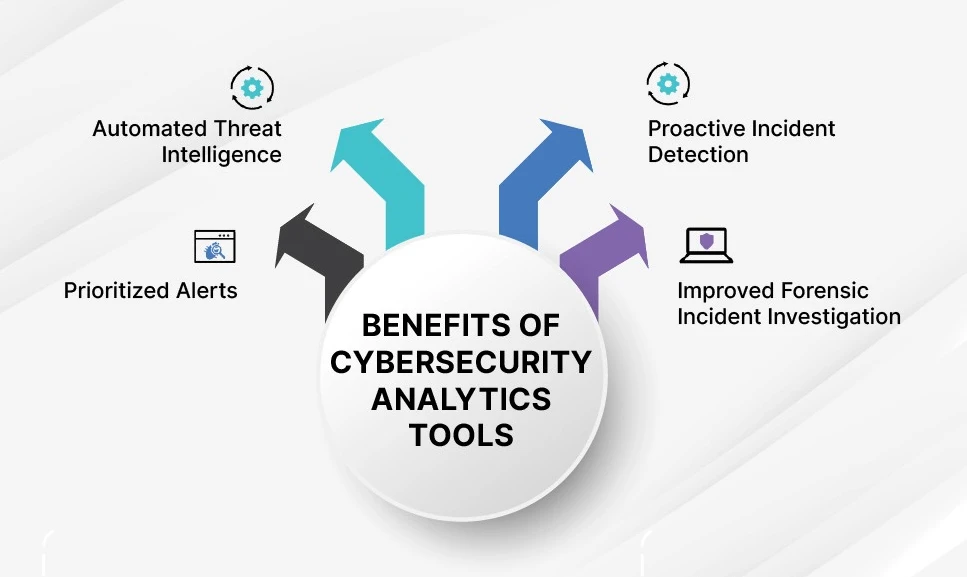
*fortinet.com
Here’s why more professionals are making cybersecurity tools part of their core skill set:
- Gain Immediate Operational Control: Mastering cybersecurity tools gives you hands-on control over how your data flows, where it’s stored, and who has access to it.
- Identify and Eliminate Risks Proactively: It allows you to detect threats before they cause damage, reducing downtime, data loss, and operational chaos.
- Improve Compliance with Zero Panic: Cybersecurity tools aren’t optional when it comes to regulations. Data encryption, DLP and access controls help you stay aligned with GDPR, HIPAA, ISO 27001 and other critical standards.
- Collaborate Better with Security and IT Teams: Once you understand how cybersecurity tools actually work, you’re no longer the person waiting on IT to fix everything—you’re now part of the solution. It boosts internal credibility instantly.
- Lead Digital Projects Without Risk Blind Spots: If you’re running a CRM migration, launching an app, or managing client databases, cyber knowledge gives you the power to ask the right questions and prevent breaches during transformation initiatives.
- Make Confident Decisions on Tools and Vendors: From choosing secure SaaS platforms to evaluating third-party plugins, understanding cybersecurity tools helps you ask smarter questions and select partners that won’t expose your company to unnecessary risk.
- Shield Company Reputation with Better Prevention: One breach can cost millions—and your reputation. Professionals who use cybersecurity tools effectively can stop phishing, malware, and ransomware attacks that would otherwise spiral into public scandals.
- Unlock Leadership in Cyber-Aware Workplaces: Want to lead digital transformation or data strategy? Employers want leaders who understand risk. Cybersecurity tools knowledge is becoming a leadership qualifier in data-heavy industries like finance, healthcare, and e-commerce.
So if you’re looking at the cybersecurity tools list wondering if it’s worth your time, the answer is yes. Every tool you learn sharpens your edge, makes you safer, and keeps you one step ahead of attackers and competitors. These aren’t just tech skills, they’re business survival skills.
Cybersecurity Career Pathway for Those Looking to Upskill
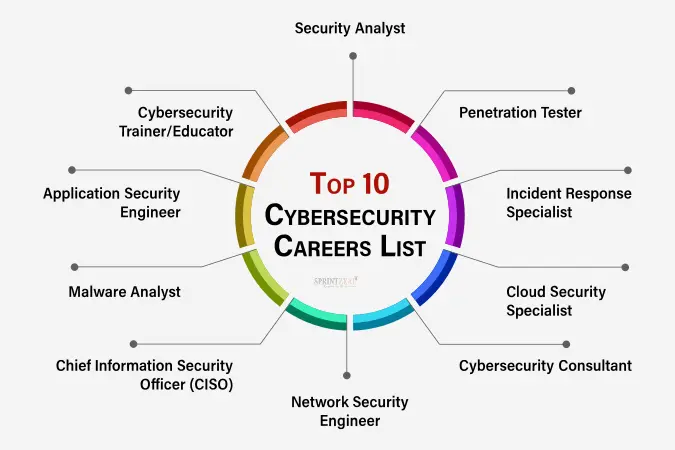
*sprintzeal.com
If you’re looking to move up, switch lanes, or lead cybersecurity from the front, this is your path forward.
At Jaro Education, we’ve partnered with IIM Nagpur to bring you the PG Certificate Programme in Cyber Security Management & Data Science, an executive programme built for real-world impact.
Whether you’re managing IT teams, overseeing compliance, working with data, or exploring cyber roles for the first time, this is where theory meets strategy, and learning leads to leadership.
This isn’t about ticking off certifications. It’s about building strategic capability in cybersecurity, with the backing of one of India’s top IIMs and a platform that understands what professionals actually need to grow.
Programme Highlights
- 12-Month Certificate + Executive Alumni Status
- Faculty-led sessions from IIM professors and top industry CISOs
- Blended learning with practical case studies, cyber labs, and simulations
- Covers both management and technical angles of cybersecurity
- Includes a 3-day campus immersion for real peer networking and boardroom-ready learning
What You’ll Actually Learn (Beyond Just Cybersecurity Tools)
Here is a further quick glance at what you are investing in:
- Cyber Risk Frameworks (NIST, ISO 27001, CIS): So you can lead audits, assessments, and boardroom reporting.
- Cyber Laws & Compliance: Understand GDPR, Indian IT Act, and sector-specific mandates (BFSI, healthcare, etc.).
- Data Science for Security: Use predictive analytics to detect threats, anomalies, and breaches before they occur.
- Business Continuity & Incident Response: Build enterprise-wide strategies that reduce downtime and financial risk.
- Cyber Strategy & Leadership: Move from task execution to strategic oversight and executive decision-making.
Speak to a Jaro Advisor to check your eligibility today!
Final Thoughts
Let’s end where we began—with a question:
What are you doing today to protect your tomorrow?
Cybersecurity benefits aren’t about paranoia. It’s about preparedness. It’s about using the right cybersecurity tools to stay one step ahead. Whether you’re a project manager, a product designer, or a data analyst, understanding cybersecurity tools is no longer optional. It’s essential.
So next time you hear about a breach, you won’t panic.
You’ll say, “I’m covered. I’ve got the tools. I know what I’m doing.”
Frequently Asked Questions
What’s the best career path in cybersecurity for someone with 5–10 years of IT experience?
You’ve already got the tech base, then move toward roles like Security Architect or GRC lead. It’s all about layering strategy on top of what you already know.
How does a PG certificate in cybersecurity help me switch industries?
When switching industries, credibility is the most important thing that makes you a potential candidate, and a PG certificate gives you exactly that. It shows you’ve got the business as well as a security lens, and recruiters tend to notice that shift.
What are the top cybersecurity jobs in India for mid-career professionals?
Some of the top cybersecurity roles are Security Consultant, Risk Analyst, or even CISO-track in startups. Demand’s insane right now, especially if you talk about both tech and business.
What’s the salary growth after completing an executive cybersecurity programme in India?
A good PG certificate can get you around a 30–50% hike over 1–2 years. However, it also depends on how you leverage it, like roles, industry, and how loud you are in the room.
How do I build a cybersecurity career without starting over from scratch?
The first step is to map what you already do related to security. Then upskill smart, show impact, and shift sideways before going vertical.












